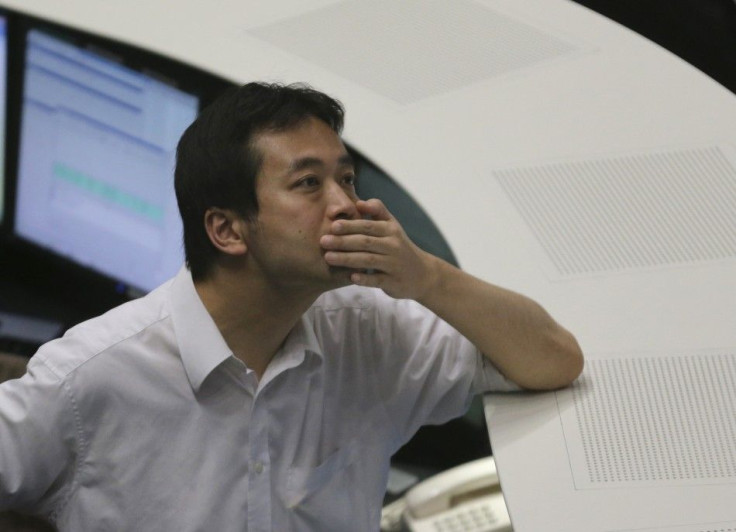Week Ahead: US Fiscal Cliff, China Data Likely To Weigh On Asian Markets

Asian stock markets ended lower last week as sentiment was weighed down by concerns over the U.S. fiscal cliff and the euro zone debt crisis.
Investors were concerned about the fiscal cliff, a term used to describe a raft of tax increases and spending cuts that will automatically take effect at New Year's and threaten to push the U.S. back into recession if nothing is done by the Congress and the president.
Market participants’ focus will remain on the economic data as a slew of reports from Asia come out in the coming week while the fiscal cliff and the next tranche of Greek aid will continue to weigh on the markets. President Barack Obama said Friday he would meet with congressional leaders next week to discuss how to avoid the year-end fiscal cliff.
"You would have thought the fiscal cliff scenarios would have been already mulled over and priced in, but they weren't. It's almost like the market has ADD (attention deficit disorder) and can only focus on one thing at a time,” Natalie Trunow, chief investment officer of equities at Calvert Investment Management in Bethesda, Md., told Reuters.
Meanwhile, European Union finance ministers will meet in Brussels Monday but are unlikely to make a call to release 31.5 billion euros ($40.1 billion) of aid for Greece that has been frozen since June as the extended negotiations between the debt-ridden nation and the troika concerning fresh austerity measures delayed the process.
On the economic front, China will release reports on trade, lending and money supply for October while India will release its September industrial production output, CPI inflation and WPI inflation for October during the week.
“We expect Chinese trade numbers to come in weaker than the previous month and below consensus. Any negative impact on sentiment will be limited by rebound in foreign direct investment and lending, which would bode well for investment and growth in the domestic demand – driven part of the economy. Investors will also watch developments at the 18th Congress of the Communist Party of China, which should be positive for sentiment,” said a note from Credit Agricole.
In Japan, the GDP data are due for release Sunday and are expected to show that the world’s third-largest economy contracted in the third quarter at the fastest rate in more than a year as exports and consumption plunged. The advance estimate of the real GDP for the three months ending Sept. 30 is likely to decline 2.8 percent on an annual basis while the domestic corporate goods price might decline 0.3 percent on a monthly basis.
On the earnings front, a slew of companies, including Cisco Systems, Staples, NetApp, Limited Brands, Wal-Mart Stores and Dell Inc., are scheduled to release the quarterly results during the week.
Of the 449 S&P 500 companies that have reported results so far in this earnings season, 63.3 percent have exceeded the analysts' estimates, slightly above typical 62 percent average. But only 38.2 percent of the companies have posted revenue above expectations, well below the 62 percent quarterly average since 2002 and the 55 percent average over the past four quarters, according to data from Thomson Reuters.
© Copyright IBTimes 2025. All rights reserved.





















